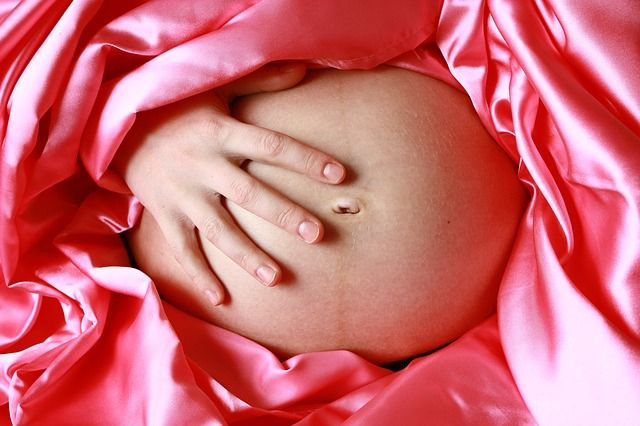Unable To Get Pregnant, Woman With Blood Disorder May Find Success With Reimplantation Of Frozen Childhood Ovary

Thousands of girls and women have been plagued by cancer and other diseases that affect their fertility. Cancer treatments, like chemotherapy, impact their ability to get pregnant and carry a pregnancy to term, leaving most unable to conceive. However, British and Danish doctors who have pioneered ovary freezing and transplantation may restore hope with a breakthrough treatment that could help pre-pubescent girls diagnosed with cancer preserve their fertility.
Moaza Alnatrooshi, 23, from Dubai, may become the world’s first woman to get pregnant after having her ovary frozen before the onset of puberty. Alnatrooshi’s ovary was removed at age eight, because she was being treated for beta thalassemia, an inherited blood disorder that reduces the production of hemoglobin (protein in red blood cells), which carries oxygen to cells throughout the body. To treat the illness, she had chemotherapy, followed by a bone marrow transplant.
Alnatrooshi's mother made the decision to remove her daughter's ovaries for fear she would never be able to conceive. She investigated methods of saving Alantrooshi's fertility before removing the ovary and freezing it at a specialist center in the UK. Prior to freezing, the entire ovary is surgically removed and the outer surface (cortex), which contains the eggs, is frozen in strips for later use.
Throughout her life, Alnatrooshi's remaining ovary was only partially functional after treatment, and at the age of 21, she went through early menopause.
However, hopeful about her frozen ovary transplant, Alnatrooshi told The Sunday Times: “My mum did this huge thing for me which is that she froze my ovary and saved it for me until I grew up and used it.”
Her gynecologist, Dr. Sara Matthews from the Portland Hospital for women and children in the UK, sent the frozen ovary from London to Denmark where Danish doctors transplanted it back into her body. Alnatrooshi and her husband have undergone IVF treatment to boost their chances of pregnancy.
According to Matthews, this treatment would allow “young girls who develop cancer or have other conditions that require chemotherapy, like beta thalassaemia, to have children where the vast majority, over 90 percent, would not be able to have their own children. There is no other way at the moment to do it.”
In Alnatrooshi’s case, eight eggs have been collected and three embryos were produced. One of the embryos is expected to be implanted next month, and doctors have high hopes Alnatrooshi will get pregnant because of her age.
“I want to believe I will be pregnant. I cannot wait for that day. I would like to say to all women that they have got to have hope,” said Alnatrooshi.
In November 2014, doctors in Belgium were able to restore the fertility of a Belgian woman by re-implanting her ovary. Her ovary tissue was removed before her sickle cell anemia treatment at age 13. The woman, unlike Alnatrooshi, showed signs of puberty before the tissue was removed, but after, she didn’t go through menstruation, leaving doctors worried her eggs might not mature fully. She was able to give birth to a healthy baby boy.
If Alnatrooshi has a successful pregnancy, it could restore hope in girls and women who wouldn't have other means of conception.
Published by Medicaldaily.com



























